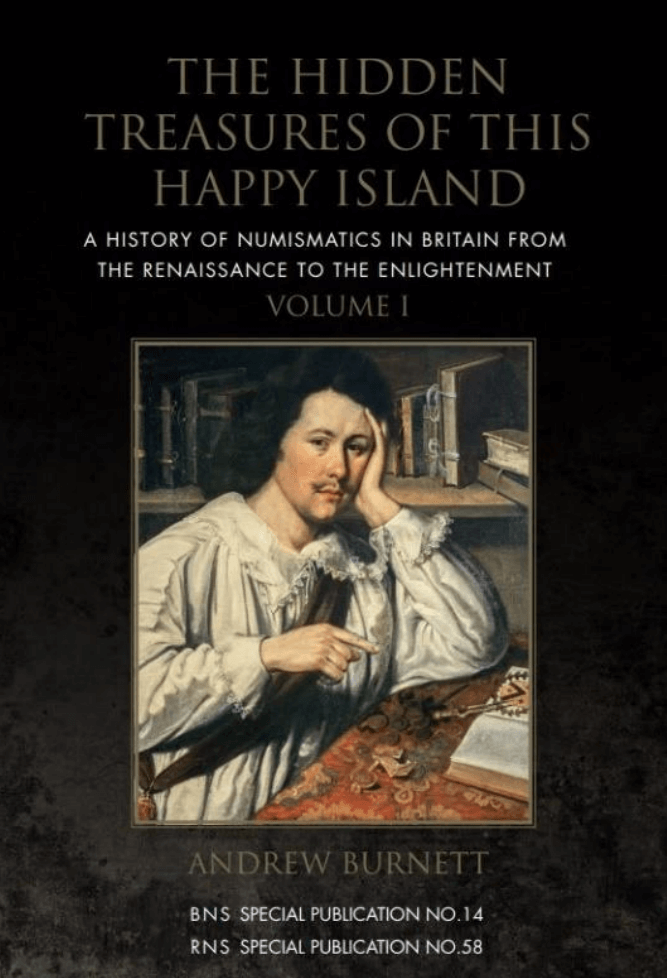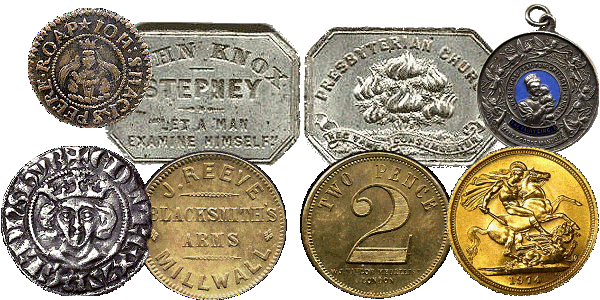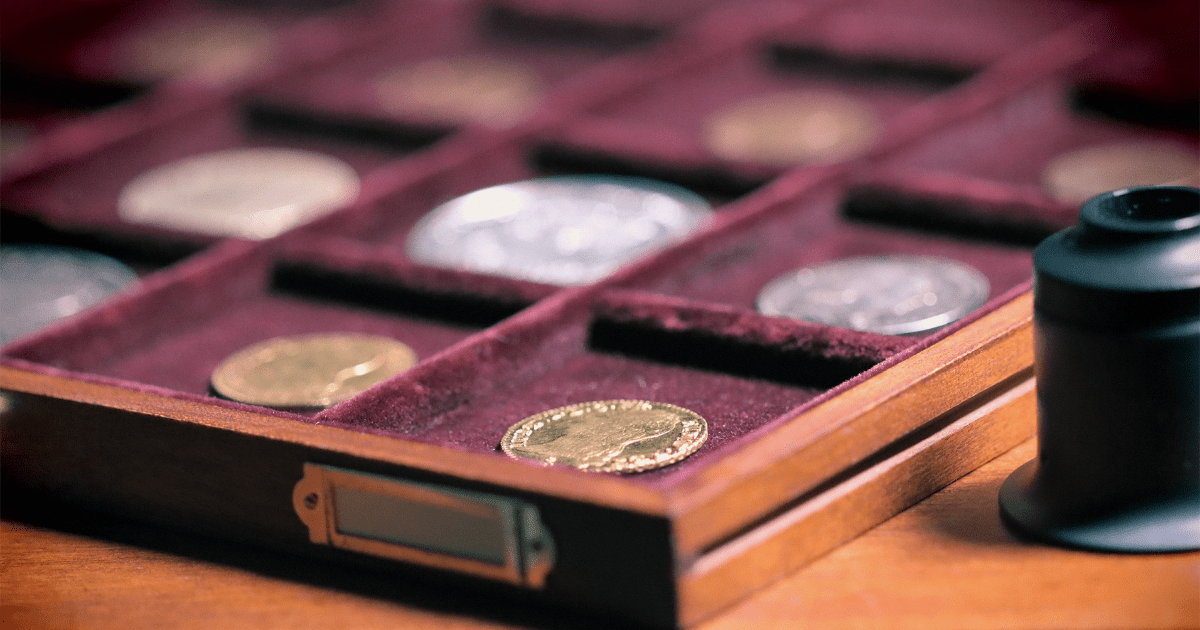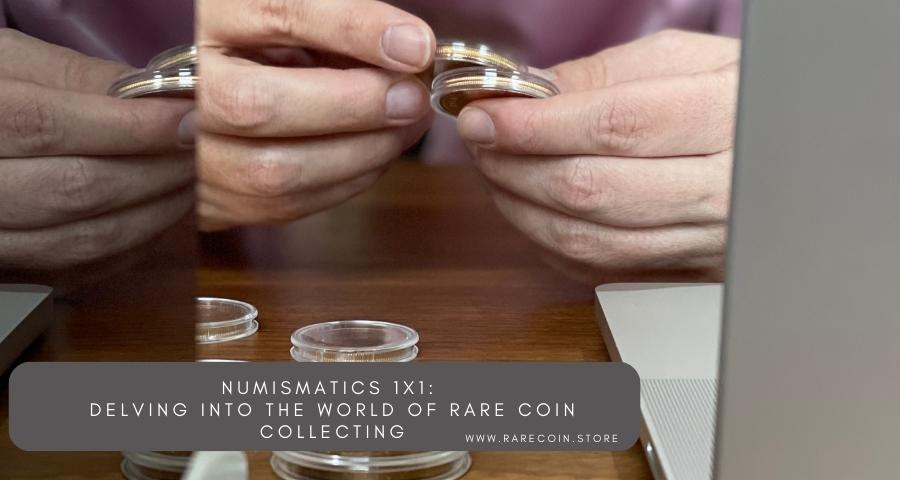Top Ideas To Deciding On Czech Coins And Uncirculated Coins
Top Ideas To Deciding On Czech Coins And Uncirculated Coins
Blog Article
How Can I Use An Online Database For Studies On Numismatics As Well As Central Banks?
Utilizing a database for research in numismatics related to central banks involves several key steps and considerations to effectively gather and analyze information.
Database Selection: Choose a database that specializes in numbers and financial data, such as those offered by academic libraries, financial institutions or other specialized numismatic institutions. Numista as well as the World Bank databases are good examples.
Search Strategy: Begin by defining your research goals. Are you interested in a specific central bank's history of coin issuances, economic policies that are reflected in the designs of coins, or the economic impact of numismatic decision-making? You can customize your search by using keywords such as "central banks,"" "numismatics," or specific names of central banks.
Data collection: Utilize the advanced search functionality that is provided by the database in order to find relevant information, reports and datasets. Locate historical records, policy papers, as well as catalogs of numismatics that detail the types of coins and locations for minting.
Analysis: Once the data is gathered then you can use it to identify patterns and trends. Examine the various approaches adopted by central banks when it comes to the field of coinage. Study changes over time to design motifs and factors such as economics that impact coin production. Look for correlations with historic events or economic policy.
Cross-Referencing: Confirm your conclusions by cross-referencing data from multiple sources within the database. This will provide a comprehensive understanding of the database and decrease the risk of relying solely on data that is biased or only a few points.
Documentation - Record your findings in detail, noting both the sources used and the methodology used. Documentation will increase the credibility of your work and is necessary for academic, professional or academic research.
Stay informed: Numismatic information and central bank policy changes in time. Refresh the database often to keep up-to-date with new research as well as updated catalogues of coins.
These steps can assist you to harness the power databases have to conduct thorough research and gain valuable knowledge about the world of numismatics. This approach lets you explore the depth of historical aspects of coin production and circulation as well as the financial implications of numismatic choices. Check out the most popular related site on ringgit for blog examples including proof coins, banknote catalog, real, banknote, coin errors, coin authenticity, circulated, bullion coins, banknote collection, mint and more.
How Do I Utilize An Online Database To Look Up Numismatics With Regards To Coin Dealers?
Conducting research on numismatics and coin dealers involves using databases that concentrate on numismatics dealers, listings of dealers, the past transactions and market trends. Here's a systematic approach to conduct such research:Database Selection: Select databases that focus on the numismatic market and dealer listings. Examples include numismatic online marketplaces, dealer directory offered by numismatic society (such as the Professional Numismatists Guild), database of auction houses as well as archives from the past.
Define Research Focus: Specify your research objectives. Are you interested in knowing the history of coin dealers or their profiles, understand the trends in the market for numismatics, how coins have changed in value over time, or the influence that dealers have on trends in collecting? Clarify what you are trying to find in order to aid your hunt.
Make use of keywords, like "coin dealer" "numismatic markets,"" "dealer directory" and include any specific names of dealers or geographical regions if applicable. You can use advanced search to filter the results by specific dealer characteristics, such as ancient coins or modern coins.
Data Collection: Access to details about dealers in the field, including their names, business locations and specialties they provide as well as their years of operation and their historical profiles. Collect information about notable dealers in the field. Learn more about their contribution to numismatic research and collecting communities.
Analysis: Analyze data to discover the role of coin dealers in numismatics. Examine the role of coin dealers in influencing market changes.
Cross-Referencing Verify what you have discovered by cross-referencing auction records, databases and historic archives. This guarantees the accuracy and thoroughness of your study. You'll gain insight into coin dealers' diverse roles in numismatics.
Documentation: Record your findings thoroughly by citing sources and noting the methods you used. Provide the databases you that you have used as well as the search term(s) used and the importance of each source to your questions.
Keep up to date Keep up-to-date: As the numismatic world evolves, so do the new auctions, dealers and market developments. Keep up-to-date by following updates from numismatic societies and auction houses, and marketplaces online for the most recent developments in the numismatic industry and dealer activities.
Following these steps will allow you to explore numismatics with respect to coin dealers. This technique allows for a thorough investigation of the historical background, market's influences, and the academic contributions made by dealers in the world of numismatics. It offers valuable insights into the habits of collectors and market trends. Have a look at the top bank examples for more advice including banknote authenticity, coin production, coin release, zloty, bank, coin society, federal reserve, coin planchet, mint, obsolete currency and more.
What Can I Learn More About Numismatics And Collectors By Using A Numismatics Database?
This research is conducted with a database that focuses on collecting the interests of collectors, collecting of numismatic groups, profiles of collectors. This is a structured way to do such research. Database Selection: Choose databases that specialize in numismatics, collector profiles and numismatic society. Forums for collectors online websites, sites of numismatic associations (such as the American Numismatic Association), databases specifically designed for collectors, as well as specialized research platforms are all examples.
Define Research Focus: Specify your research objectives. You may be interested in the collection preferences of specific collectors or in the creation of notable numismatic collections. Find out the answers to your questions so that it can help you.
Search Strategy: Make use of keywords like "numismatic collectibles," "collector profile" or "numismatic organisations," and include collector names, or geographic regions where applicable. You can use advanced search to narrow your results by date and collecting specialties, such as old coins, paper currency or exonumia.
Data collection: Get details about collectors, including their biographies as well as collecting interests. Additionally, you can access information regarding notable acquisitions and contributions to research in numismatics. Collect information about noteworthy collections, such as their origin and distribution, for example auction results, or catalog entries.
Analysis: Analyze data to comprehend the motives and factors that drive collecting numismatics. Explore how collectors impact collecting trends, shape the needs of markets, and also help through educational initiatives and publications, as well as exhibitions to share and preserve numismatic expertise.
Cross-Referencing Verify information by cross-referencing it across databases, auction archives publications, numismatic journals, and collector profiles. It ensures the accuracy and completeness of your research. Also, you'll discover the role that collectors play in the numismatic market.
Documentation - Document your findings in a systematic way, noting sources and methods you used. Keep track of details on the databases you have accessed and the search terms you used and the significance of every source you use to answer your research questions.
Keep Up-to-date: Numismatic collection interests and trends evolve over time. Keep up-to-date by following discussions on forum forums, numismatic societies publications, and specialist collector databases for the latest developments in numismatic collecting techniques and interests.
By following these steps, you'll be able to effectively utilize databases to study numismatics in relation to collectors. This method will allow for a deep investigation into the motivations of collectors, their motives and contributions to numismatics. It provides valuable insight into the historical, cultural and economic aspects of collecting. See the most popular coin forum for more info including denomination, bullion, currency society, precious metals, coin series, rare coins, currency history, coin show, ringgit, federal reserve and more.
What Can I Do With A Database To Research Numismatics In Relation To Conservation And Preservation Experts?
Investigating numismatics for conservation experts and preservation specialists requires using databases that concentrate on conservation techniques, preservation methods as well as case studies of objects of numismatic origin, and also contributions from conservation experts. Here's a structured approach to conduct this research: Database Choice: Select databases that specialize in conservation and preservation of cultural heritage, such as numismatic artifacts. Examples include websites of conservation groups (such as International Institute for Conservation of Historic and Artistic Works), museums conservation departments, and publications that specialize in preservation of numismatics.
Define Research Focus: Specify your research objectives. Are you keen to know more about conservation techniques applied on the numismatic objects, study of restorations of coins or medals. Preventive conservation measures or ethical considerations in the preservation of numismatics? Find out the purpose of your search.
Search Strategy: Use keywords such as "numismatic preservation", "coin conservation techniques", "conservation methods for medals" and specific conservation methods in the event that they are appropriate (such cleaning, stabilization, or storage), along with historic periods. Results of searches can be filtered based on date, conservation subjects, and case studies using advanced search features.
Find information about conservation methods and methods that are applied to numismatic objects. Collect information such as cases studies of conservation techniques, articles on preventive conservation strategies and interviews with conservation experts, and guidelines to handle and store numismatic collections.
Analyze: Analyze and understand the data to learn about the techniques, challenges, innovations, and innovations in conservation. Assess the impact of conservation methods, the role of science in conservation decisions and the incorporation of ethics in conservation methods.
Cross-Referencing Validate your findings by cross-referencing across databases, conservation organization websites, museum conservatories and academic journals. This will guarantee accuracy and completeness of your research. It also gives complete information on the numismatic preservation methods.
Documentation - Documentation is important. Cite sources and note the methods you used. Note the details of the databases used, search terms used, and the importance of every source you use to answer your research questions.
Stay informed. Preservation techniques and conservation methods are constantly evolving due to advancements in technology and science. Keep up to date by keeping track of updates from conservation organizations, museums conservation departments, and publications on preservation of numismatics.
Databases can be used to learn about numismatics from experts in conservation and preservation by following these easy steps. This method lets you study the ethical principles and techniques employed by conservationists when preserving the numismatics. Additionally, you can gain knowledge of how they have contributed. Follow the top rated zlatemince.cz czech precious metals for blog recommendations including rial, banknote forum, coin release, coin society, numismatic investment, rand, coin history, peso, yen, banknote printing and more.
How Do I Use An Online Database To Look Up Numismatics And Industry Consultants?
The research involves using databases that focus on consultants, firms of consulting, and industry reports. Additionally, it includes publications of numismatic associations. Here is a systematic approach to conduct this type of research: Databases Selection: Select databases that focus on consulting companies, industry reports and other publications that are related to the numismatics field. A few examples are websites and business directories and publications from numismatic associations and databases that specialize in specific industries.
Define Research Focus: Specify your research objectives. Are you keen to know about consulting services available for firms that specialize in numismatics? Do want to know the market analysis of numismatics? What are the specialties of consultants in industry and what are the trends they spot? Find out the purpose of your research.
Search Strategy: Utilize keywords like "numismatic industry consultants," "consulting firms that specialize in Numismatics," "market analysis reports on coins" as well as include specific areas of expertise or geographic regions, if appropriate. Results from searches can be filtered by date, consulting services, or specialties of consultants with advanced search features.
Data Collection: Access details on firms that specialize in numismatics as well as industry consultants that offer services to numismatic companies. You can collect information about consultants, their areas of expertise (such as market analysis, collection and authentication management) and testimonials from customers, reports from industry consultants, etc.
Study data to know the functions of consultants and the contributions they make to the numismatics business. Assess the expertise and methods employed by consultants to provide advice on investing in numismatics markets, trends in the market and collection strategies for management.
Cross-Referencing: Verify your findings by cross-referencing databases, consulting firm directories and publications of numismatic societies. This allows you to conduct a thorough and accurate research. Also, you'll be able to see the full overview of the consulting industry in numismatics.
Documentation: Document your findings in a systematic manner by citing sources and noting the methodologies you employed. Keep track of details such as the databases that you've used and the search terms you used and their relevance to the research questions.
Be informed: As the economic conditions change and regulations requirements are revised and regulations are updated, so too do the market and consulting services in the world of numismatics. Check out the latest updates on the sites of consulting firms, reports from industry and publications of numismatic societies to stay current with the most current industry trends.
These steps will help you examine numismatics with the eyes of industry experts. This technique allows for a thorough investigation of the consulting services, market analyses, and strategic analysis provided by consultants working within the numismatic industry. These insights provide valuable perspectives on numismatic business operations, investment strategy, and market dynamics. Follow the most popular read what he said for copyright for site info including coin issue, half-dollar, mint condition, coin engraving, currency collecting, coin grading, coin minting, banknote authenticity, coin die, banknote society and more.